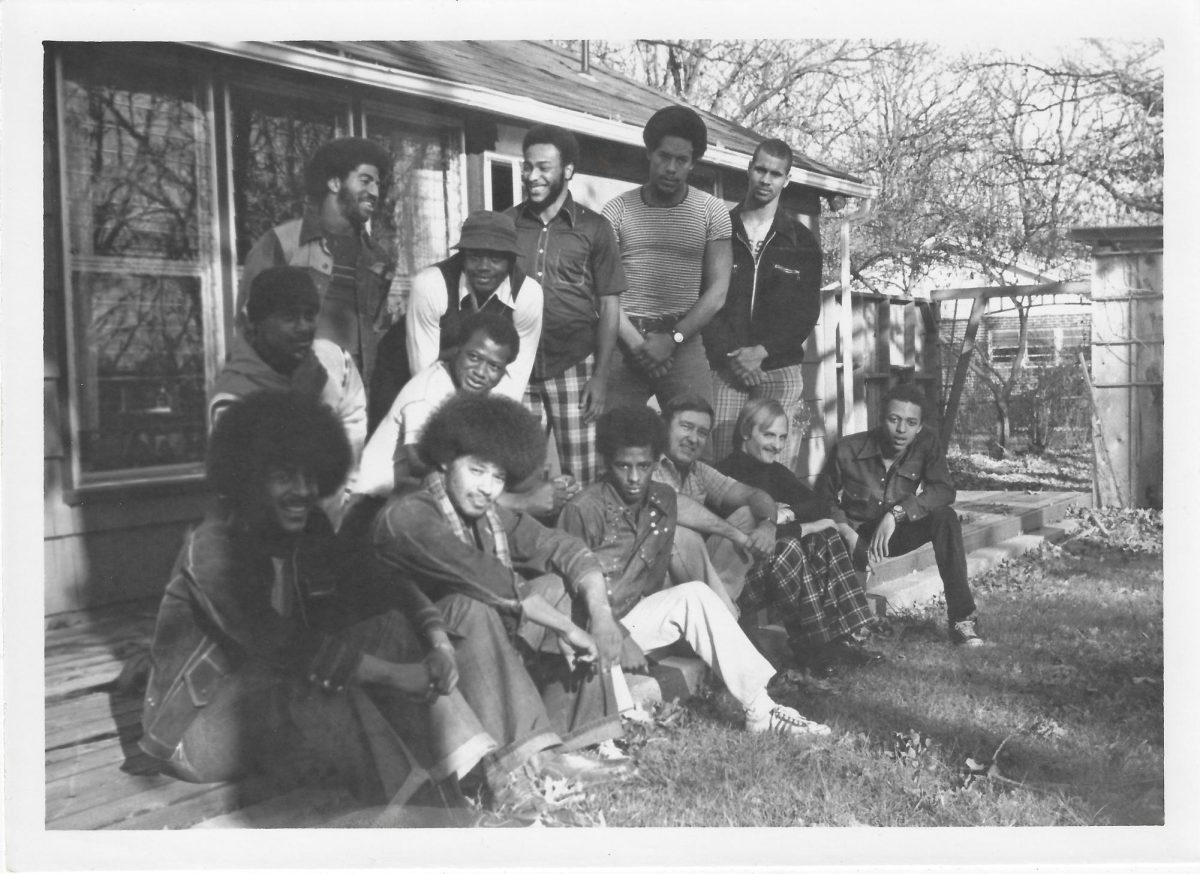When one thinks about medicine, many things may come to mind: advanced scientific and medical knowledge, experience in research, and leadership in healthcare are qualities people tend to associate with physicians. While these traits are very important for doctors to have, medicine encompasses a lot more. It is also about making connections with patients, being empathetic, having proper bedside manner, and making ethical choices that benefit the patient.
Courses in biology, chemistry, and other scientific disciplines can provide pre-medical students the knowledge needed to understand different diseases, and thus diagnose and treat patients.
However, emphasis on courses in humanities (such as biomedical ethics, philosophy psychology, sociology, and reflective writing) is required for students to learn what it means to be good doctors: to understand patients on a deeper and individual level and help them feel supported and cared for in their health journeys.
Various studies conducted around the world have examined the impact of humanities courses on interactions between healthcare providers and patients. The findings of a systematic review on different studies indicated that humanities courses significantly helped medical students and other healthcare providers with developing empathy, which they were later able to apply to their fields. Furthermore, it was shown that increased levels of empathy were beneficial in providing positive health outcomes, such as decreased levels of post-traumatic stress disorder (PTSD) and proficient management of illness. Courses ranging from 4 to 12 months had the greatest impact on increasing empathy. These findings show that humanities courses have a tremendous impact on helping physicians encompass empathy, which, in turn, can help patients with managing their diseases and other life impacts associated with them.
To conclude, it is important to acknowledge that the relationship between healthcare providers and their patients is crucial towards the betterment of patients. This dynamic is becoming more and more important today as the ratio of patients to physicians continues to increase. Patients must feel cared for and empathized with by their providers in order to ensure that they feel comfortable and supported in getting the treatment they need for positive health outcomes. Humanities courses are essential in providing healthcare workers with the opportunity to learn more about how to connect with patients, which is why these courses should be emphasized as part of the pre-medical and medical curriculum.


















